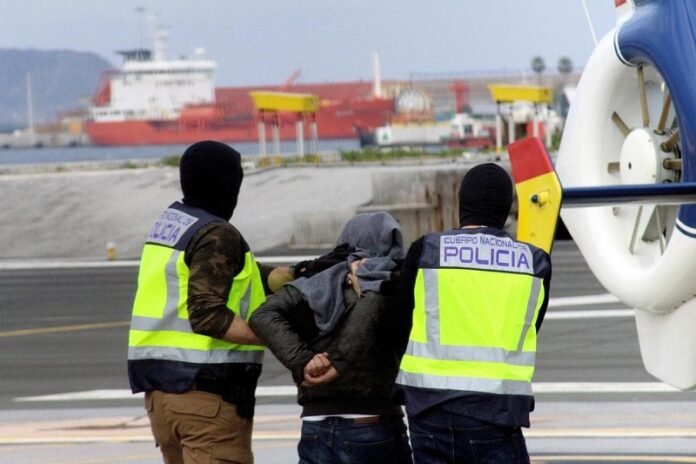In-depth Analysis: Algeria’s Shift into a Potential Terrorist Threat to Spain – Implications and Dimensions
Concerns are growing within Spanish security circles about Algeria’s transformation into a major source of terrorism threatening Spain, marking a significant development in the security risk landscape that reflects a potential shift in terrorist threat centers within the Maghreb region.
Spanish media have highlighted a report published by journalist Melchor Sáiz-Pardo, which indicated that the General Commission of Information (CGI) under the Spanish Ministry of the Interior warned of the possibility that Algeria could become a major hub of terrorism, redirecting attention away from the traditional focus on extremists of Moroccan origin.
Interior alerta de que Argelia es origen de un nuevo yihadismo que amenaza a España
https://t.co/AQIB9G54tI
https://t.co/AQIB9G54tI— El Correo (@elcorreo_com) August 17, 2024
Algeria as a New Source of Terrorist Threats: Reasons and Justifications New data indicates that Spanish security leaders now view Algeria as a potential security threat, not only due to its tense internal situation but also because of recent geopolitical developments. These concerns have been heightened after the deportation of Algerian dissident and former military officer Mohamed Benhalima to his home country, whom the Spanish Ministry of the Interior described as an expert in weapons and military tactics. Despite warnings from international organizations about his potential torture, Spain went ahead with the deportation, justifying it by his serious violation of immigration laws and involvement in activities hostile to national security.
This shift in the focus of terrorist threats towards Algeria coincides with the waning influence of multinational terrorist organizations like Al-Qaeda and ISIS, leaving a void that new terrorist cells might seek to fill. Observers believe that these cells could find Algeria to be a conducive environment for growth and expansion, especially amid the country’s internal tensions and political divisions.
Geopolitical Dimensions: The Strained Relationship Between Algeria and Spain This shift cannot be understood in isolation from the political crisis that erupted between Algeria and Spain after the latter announced its support for Morocco’s sovereignty over Western Sahara. This stance sparked furious reactions from Algeria, which had relied on Spain’s neutrality on this sensitive issue. Some analysts suggest that Benhalima’s deportation may carry a political dimension, viewed as part of a political trade-off between the two sides aimed at easing the tense situation.
Implications for Spain’s Counterterrorism Policies In light of these developments, it appears that Spanish counterterrorism agencies may need to reassess their strategies. The traditional focus on suspects of Moroccan origin may give way to monitoring potential terrorist activities linked to Algeria. This change in strategy reflects a growing awareness of the multiple sources of terrorist threats in the region, which may compel Spain to enhance its security cooperation with European Union countries to address these emerging challenges.
Conclusion: Algeria Under the Microscope This report places Algeria under the international spotlight as a potential new factor in regional and global security threats. With rising fears of it becoming a major source of terrorism, Algeria will face significant challenges in proving its ability to control the internal situation and prevent the export of any threats abroad. The key question remains whether Algeria will succeed in avoiding this potential fate or if the situation will further complicate, reinforcing Spanish fears and leading to additional escalation in regional tensions. Only time will tell the answers to these questions.


